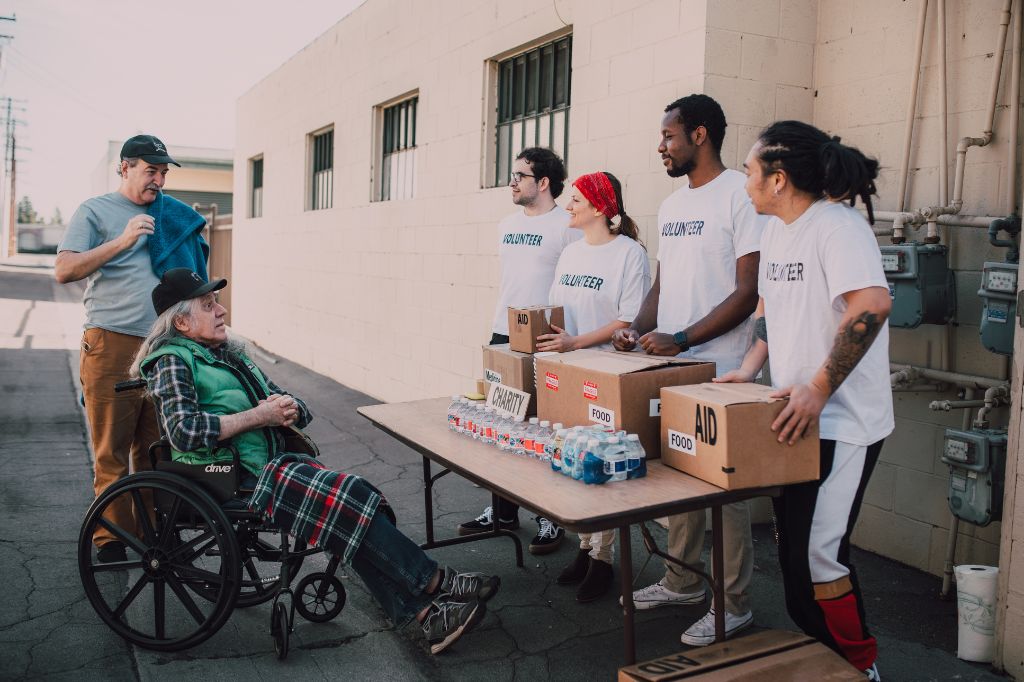
Diversion Program vs. Probation in Florida
Ensuring Your Legal Rights
Diversion Program vs. Probation in Florida
You’ve likely heard more about probation than diversion, but both are programs for people in trouble with the law. They’re available depending on certain qualifications of the person facing charges. One applies to more serious offenses, and the other to lesser offenses.
What Is the Pretrial Diversion Program?
The Diversion Program is like a second chance for first-time offenders or those with only one previous minor offense (like a small misdemeanor). If you’re charged with a minor crime or a low-level felony, you might be able to enter this program.
But here’s the catch: You need approval from the program administrator, the victim (if there is one), the state attorney, and the judge handling your case. You can’t just get into the program on your own. Plus, you must agree to it willingly and understand that you’re giving up your right to a speedy trial while you’re in the program.
Once you’re in, your criminal case kind of gets put on hold for about 90 days. If you behave well and follow the program’s rules during this time, it might get extended for another 90 days. But if you mess up or don’t do what you’re supposed to, your case could go back to court right away.
At the end of the program, a few things could happen:
- If you’ve done well, your case might go back to normal court proceedings.
- If you need more help and supervision, they might recommend that.
- Or, if they think you don’t need to be prosecuted anymore, they might drop the charges altogether.
So, a Diversion Program is kind of like a chance to make things right without going through the regular court process, but you’ve got to stick to the rules and prove you’re serious about changing your ways.
Contact Us Today!
What is Probation?
Probation is a way the court deals with certain people who’ve been convicted of a crime. Instead of going to jail right away, they get to stay in the community under certain rules set by the court. Here are some of the rules:
Reporting: They must check in with a probation officer regularly. Sometimes they can do this remotely.
- Home Visits: Probation officers might visit them at home or elsewhere.
- Work: They must try to find a job if possible.
- Location: Sometimes they must stay in a specific place.
- Following the Law: They can’t break any more laws.
- Making Things Right: They might have to pay for any damage they caused to the victim.
- Paying Debts: If they owe money for medical care while in jail, they must pay that back too.
- Supporting Dependents: They must take care of their family if they have one.
- Paying Fines: They might have to pay fines and fees to the court.
- No Bad Company: They can’t hang out with other criminals.
- Drug Testing: They might have to take drug tests randomly.
- No Weapons or Drugs: They can’t have weapons or use drugs unless prescribed by a doctor.
- Blood Tests: They might have to give blood samples if needed.
- Photo Records: Their photo might be taken and put on a public website if they’re under probation.
These rules can change depending on the situation, and the court can add more if needed. But the goal is to help them stay out of trouble and become responsible members of the community.
If you or your loved one has been charged with a crime, don’t hesitate to call us today to schedule your free consultation. There are always many ways and options to approach a criminal case, let’s talk and see how we can best defend you to get you the best outcome possible.